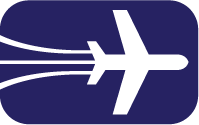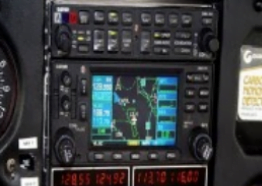



**Due to the COVID-19 public health crisis, this seminar will only be available for online viewing. IN-PERSON ATTENDANCE WILL NOT BE PERMITTED.**
Click here to learn more about online viewing.
|
Years ago, when GPS navigation systems first entered the cockpit, pilots were forced to interpret GPS signals through older VOR devices. Now with color and moving map displays using GPS navigation is easier than ever. But for new pilots some of the terms may be confusing. San Carlos Flight Center invites chief pilot Dan Dyer for an introduction to basic GPS terms in use. Learn the difference between TRK, DTK, and XTK. This is your chance to ask a flight instructor all the questions about GPS that you’ve wanted to ask. If you recently added a GPS unit to your aircraft or you are a new pilot starting out on cross-country navigation using GPS this is the presentation for you. Don’t miss out on this opportunity to learn how GPS can be a useful aid to many pilots, when used safely. |
|||
|
Dan Dyer is a flight instructor and Chief Pilot of San Carlos Flight Center. He has been instructing for 16 years, has over 4,000 flight hours, and is the Bay Area’s local expert in crosswind landing instruction. He is known for finding simple and innovative ways to explain complex topics and regularly speaks on advanced ground school topics. Find out more about Dan at www.sancarlosflight.com or contact him at [email protected]
|
|||
|
San Carlos Flight Center (SCFC) is the SF Bay Area’s most dynamic flying club, committed to building general aviation thought safety, community, and adventure. AOPA has consistently recognized SCFC in their Best Flight School survey, most recently in 2019 as a Distinguished Flight School. SCFC is committed to promoting safety in general aviation through our regular safety seminars and guest speaker programs. Space is often limited so it is important to sign up early. SCFC members may choose to watch the seminar live over the web at home, or recorded at a later date. Click here or contact a SCFC member service rep at (650) 946-1700 for more information about online access. |